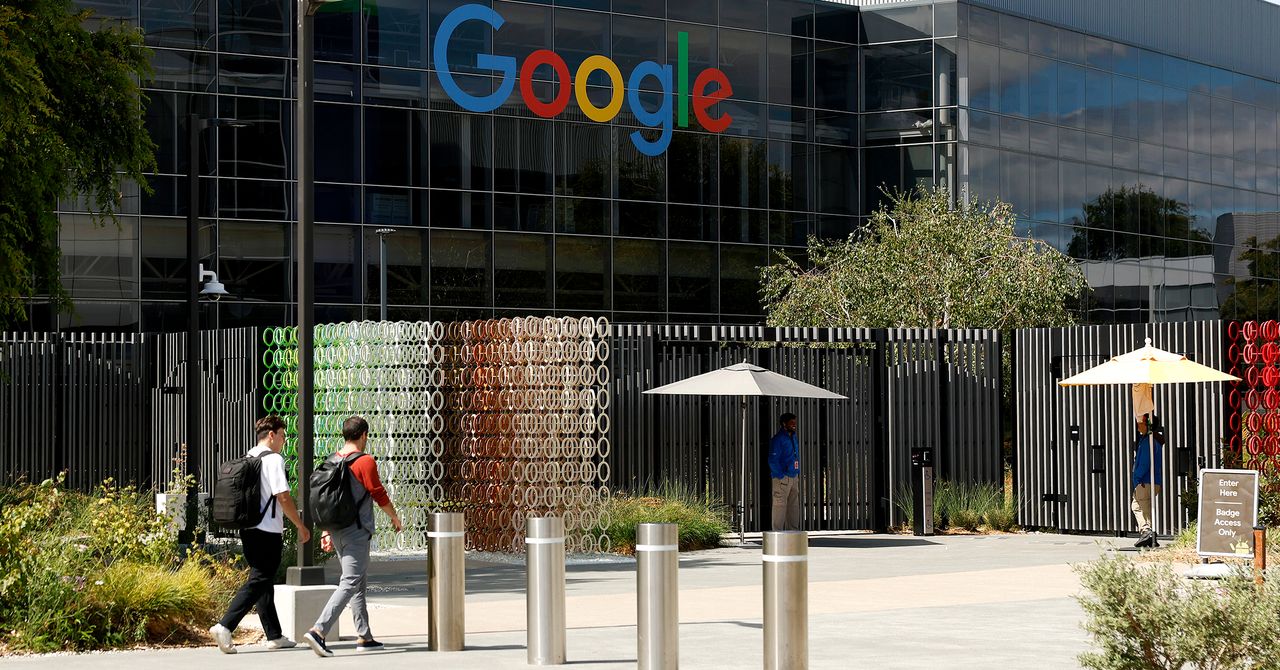Over 200 contractors who worked on Gemini and AI Overviews were let go amid pay and working condition disputes. The cuts threaten AI safety and quality workflows that rely on data annotation content review and model tuning and raise questions about contractor employment and the future of work in tech.

Meta Description: Google laid off 200 plus AI contractors working on Gemini and AI Overviews amid pay disputes. Here is how workforce tensions are reshaping AI development at major tech companies.
Google recently laid off over 200 contractors who helped improve the companys flagship AI offerings, including Gemini and AI Overviews. Sources reporting the story say the terminations came amid an active dispute over pay and working conditions. These roles encompassed critical tasks such as data annotation content review and model tuning that directly affect AI safety and product quality. Could rising AI layoffs and contractor workforce instability undermine how tech giants develop safe and reliable AI?
While Google AI products get the spotlight the day to day work that keeps these systems accurate and safe is often carried out by contractors. These workers perform data labeling and cultural context checks needed for models to learn responsibly. They also run safety reviews to flag inappropriate or biased outputs and help with tuning models to improve accuracy and reduce harm.
Relying on a contractor workforce has become the norm across large technology firms. This approach provides flexibility and cost control but also creates tensions around job security pay parity and working conditions. Many contractors do essential work yet lack the benefits and protections of full time employees which feeds broader tech labor disputes and growing interest in unionization and better contractor employment standards.
Reports indicate the layoffs affected more than 200 contractors working on Gemini and the AI Overviews feature. These contractors carried out functions that are central to maintaining AI safety and quality control:
Experts note this work requires both technical skill and cultural fluency. Replacing experienced reviewers quickly is difficult especially at the scale Google operates. The layoffs fit a larger pattern where companies reduce contractor roles even as they expand AI capabilities which creates gaps in human oversight that these systems need.
The situation highlights a core tension in contemporary AI development. Companies need extensive human input to train monitor and improve AI systems safely. Yet cost pressures lead to cuts in the contractor workforce which can harm ongoing product quality. For Google the loss of experienced contractors could produce short term declines in safety and reliability for consumer facing products like Gemini where harmful outputs can damage user trust and invite regulatory attention.
At an industry level the layoffs raise questions about the sustainability of contractor dependent AI development. If disputes over pay and conditions push talent away companies may accelerate automation of oversight workflows which could reduce human supervision at a moment when AI safety concerns are rising. That shift would affect public trust and likely attract increased regulatory scrutiny.
This episode also underscores changing work dynamics in tech. While AI is often framed as a creator of new opportunity many workers face increased job insecurity and contested conditions. The disconnect between the promise of AI and the lived reality for workers may shape public opinion and policy on AI jobs contractor employment and labor rights.
Googles decision to lay off 200 plus AI contractors during a labor dispute exposes a fragile foundation beneath large scale AI efforts. Tech companies project confidence in their AI capabilities but they depend heavily on human reviewers whose stability and fair treatment is not guaranteed. The central question is not only whether Google can maintain product quality without these contractors but whether the broader industry approach to AI development is sustainable.
As AI becomes more central to how we search work and communicate the people who train and monitor these systems deserve stable employment and fair compensation. Cutting corners on human oversight to reduce costs risks undermining the safety reliability and public trust that users expect from AI products.



